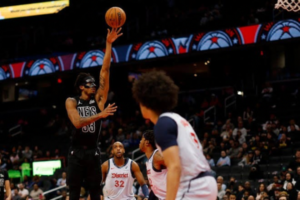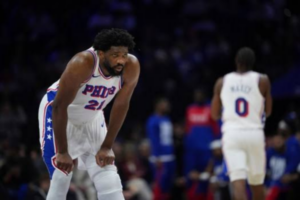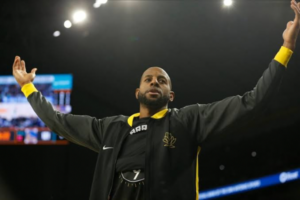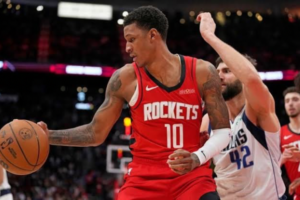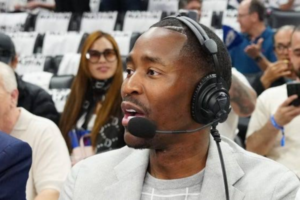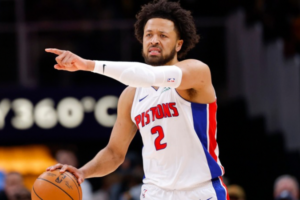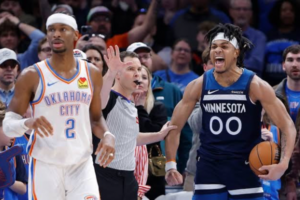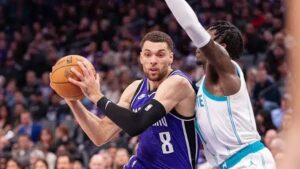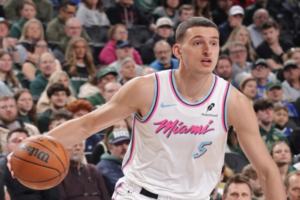
Nikola Jović out for at least 4 weeks with injury
Nikola Jović will be absent for at least four weeks with a broken bone in his right hand, the Miami Heat announced Tuesday. The Heat, currently ninth in the East, are chasing a top-six finish to secure a direct playoff spot so this is a major setback for the team’s push for a guaranteed playoff spot. Nikola Jović suffered the injury during Sunday’s game against Milwaukee and was diagnosed with a fracture at halftime. He was sidelined at Monday’s game in Atlanta and was evaluated by team doctors on Tuesday, who set the four-week recovery timeline. He has been given a splint to wear until he’s re-evaluated. “I feel for Niko,” Heat coach Erik Spoelstra said. “I know how much he’s put into this.” Jović, averaging 10.7 points and 3.9 rebounds this season, is expected to miss at least 15 games. The earliest he could return is March 25, when Miami faces the Warriors.

